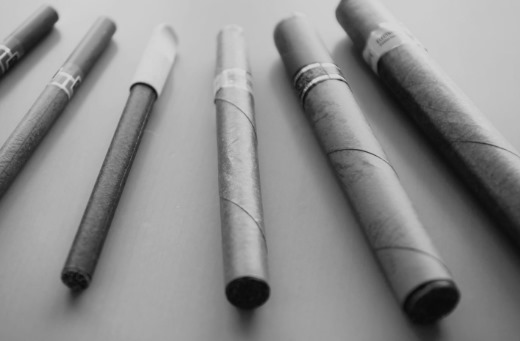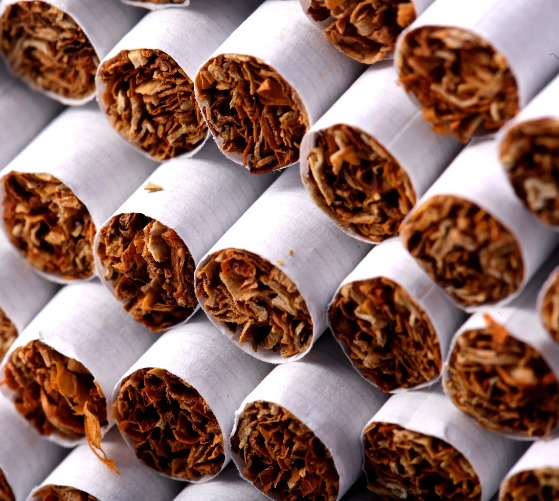What began as sacred rituals among ancient civilizations has transformed into one of the most controversial yet enduring habits in human history. Let's trace the cigarette's journey from religious ceremonies to modern alternatives.

Ancient Beginnings
Long before commercial packs, indigenous peoples in the Americas were smoking tobacco in spiritual practices. The Maya and Aztecs left behind pottery and temple carvings showing tobacco use dating back to at least the 9th century. They typically rolled the leaves in plant wrappers - an early form of what we'd recognize as cigars today.

European Adoption
When Columbus's crew encountered tobacco in the Caribbean during the late 15th century, they brought the practice back to Spain. By the mid-1500s, tobacco cultivation had spread across Europe. The Spanish in Seville began creating smaller, paper-wrapped versions called "cigarritos" - essentially the first cigarettes.

Modern Cigarettes Emerge
The Crimean War (1853-1856) proved pivotal. British soldiers, observing Ottoman troops rolling tobacco in newspaper, adopted the method. This wartime improvisation sparked cigarette popularity in Europe. The real game-changer came in 1881 with James Bonsack's cigarette-rolling machine, which could produce thousands per hour - making cigarettes affordable for the masses.
20th Century Boom and Backlash
The early 1900s saw aggressive marketing campaigns portraying smoking as glamorous or even healthy. Iconic brands like Camel (1913) and Marlboro (originally a women's cigarette in the 1920s) became household names through clever advertising.
Everything changed in 1964 when the U.S. Surgeon General's report confirmed smoking's health risks. Subsequent decades brought warning labels, advertising bans, and public smoking restrictions that reshaped the industry.
Today's Landscape
While traditional cigarette use declines in many countries, alternatives like heated tobacco devices and vaping have emerged. The cigarette's story continues evolving, reflecting changing social attitudes and scientific understanding about tobacco use.
From sacred rituals to mass production to modern controversy, cigarettes remain one of humanity's most complex cultural artifacts - a simple rolled leaf that changed global habits, economies, and health outcomes.
